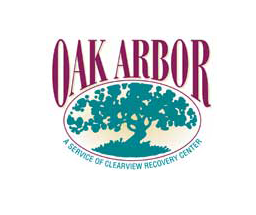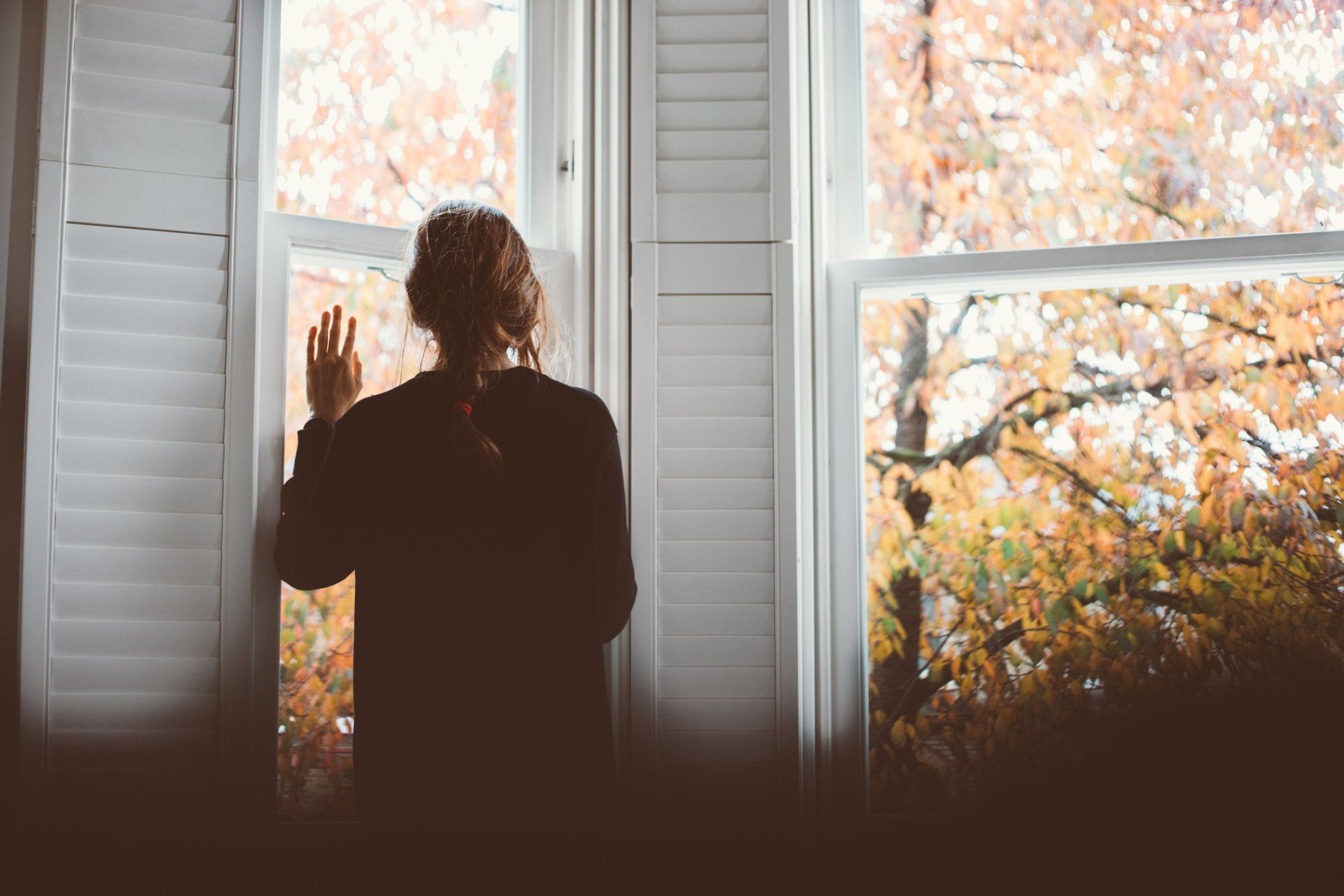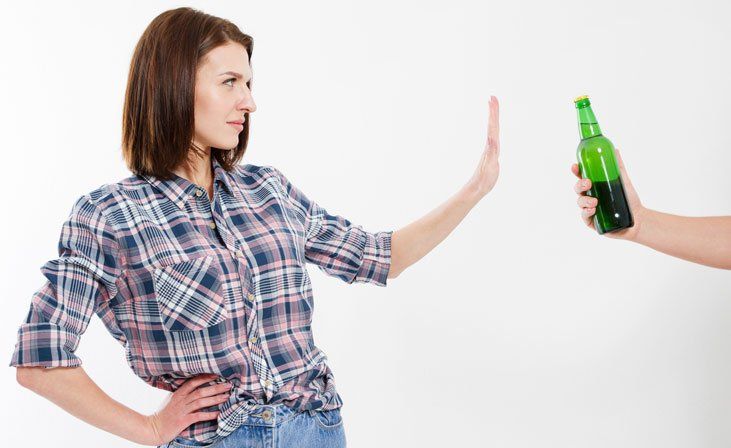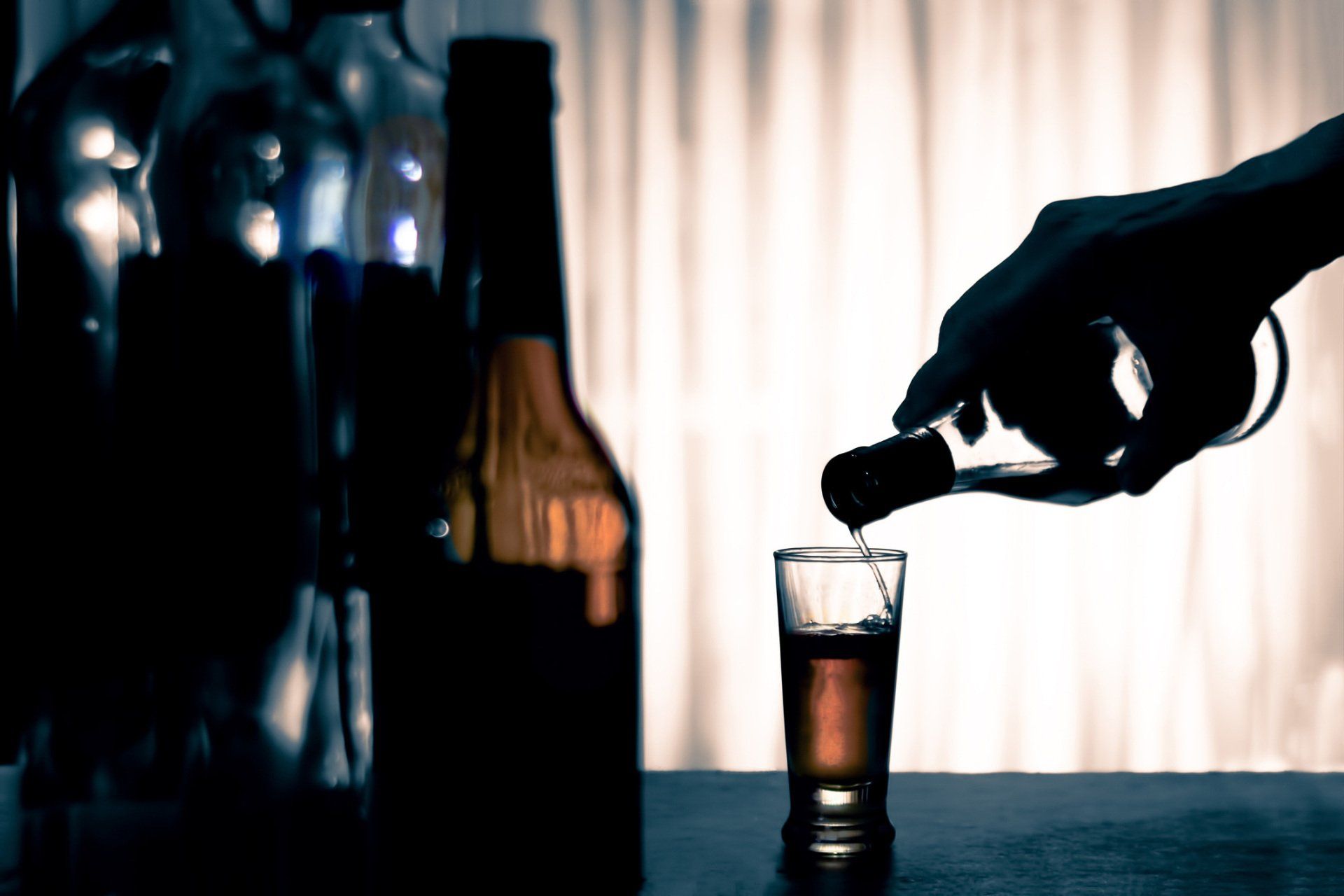Oak Arbor
4507 Highway 49 South
Hattiesburg, MS 39401
Phone: 601-545-2925
Toll Free: 888-291-0646
General Information: info@oak-arbor.com
Latangelia Howard,
Business Office Representative:
Referral Coordinator:
VA Grant Per Diem Coordinator:
Business Hours: 24/7
Bipolar Disorder and Addiction: How These Problems Co-Exist
- By Admin
- •
- 09 May, 2019
- •

Drug addiction rarely occurs without an underlying issue with mental health. For example, bipolar disorder feeds into drug abuse and makes addiction much worse. If you have this mental health disorder and suffer from a substance abuse problem, you need to understand the full range of this problem to get the help you need.
Keep reading to learn more about the correlation between bipolar disorder and addiction.
Keep reading to learn more about the correlation between bipolar disorder and addiction.
Bipolar Disorder Creates Unpredictable Moods
If you suffer from massive mood swings that are unpredictable and devastating, you may have bipolar disorder. This disease causes both manic and depressive states, though the intensity of each will vary. Mania makes a person very jumpy, wired, euphoric, and unpredictable. By contrast, depressive states make a person feel lethargic and excessively sad.
Though each individual with bipolar is different, many people don't experience a middle ground between the two states. As a result, they may move between extreme highs and deep lows without control. This type of emotional intensity often makes an individual with bipolar behave impulsively.
Though each individual with bipolar is different, many people don't experience a middle ground between the two states. As a result, they may move between extreme highs and deep lows without control. This type of emotional intensity often makes an individual with bipolar behave impulsively.
Bipolar Disorder May Trigger Drug Use
Unfortunately, the complex emotional state caused by bipolar disorder may trigger high levels of substance abuse. For example, studies have found that those with bipolar disorder abuse substances at a higher level than those without bipolar. Alcohol is abused by 42 percent
of those with bipolar disorder with cannabis at 20 percent and cocaine and methamphetamine at 17 percent.
In similar studies, those with these co-occurring disorders were more likely to be hospitalized than those who did not abuse substances. Even worse, studies found that substance abuse - among other factors like trauma and family history - could trigger bipolar disorder in those predisposed to it. All of these factors contribute to make drug addiction and bipolar familiar co-occurring disorders.
In similar studies, those with these co-occurring disorders were more likely to be hospitalized than those who did not abuse substances. Even worse, studies found that substance abuse - among other factors like trauma and family history - could trigger bipolar disorder in those predisposed to it. All of these factors contribute to make drug addiction and bipolar familiar co-occurring disorders.
Drug Use May Vary Depending on Mood
The varying moods inherent with bipolar disorder often trigger different types of drug use. For example, someone in a manic state may feel anxious, nervous, or angry. Unfortunately, these feelings may cause them to use alcohol or opioids to calm their anxiety. However, as their mood shifts to a depressive state, they may turn to uppers like cocaine or methamphetamine.
Sadly, these dangerous substances do little to help someone with bipolar disorder. Their intense effect on the body typically worsens symptoms, which may cause someone to abuse drugs at a higher level. If you are stuck in this cycle, then you need to get professional help.
Sadly, these dangerous substances do little to help someone with bipolar disorder. Their intense effect on the body typically worsens symptoms, which may cause someone to abuse drugs at a higher level. If you are stuck in this cycle, then you need to get professional help.
Treatment Saves Lives
If you believe that you suffer from bipolar disorder and addiction, take immediate steps to manage both. Attend a rehab center right away to get the specialized care that you need to overcome your addiction.
In an addiction treatment center, you'll receive treatment from professional and friendly specialists who will work to help you understand your bipolar disorder. Their guidance will give you insight into how bipolar triggers your addiction and how drug use worsens your bipolar disorder.
They can help you get the medication you need to manage your bipolar disorder. And then you'll receive specialized psychological care for your bipolar disease and trigger-control education to learn how to spot symptoms of mood swings and how to avoid using drugs to manage them.
In an addiction treatment center, you'll receive treatment from professional and friendly specialists who will work to help you understand your bipolar disorder. Their guidance will give you insight into how bipolar triggers your addiction and how drug use worsens your bipolar disorder.
They can help you get the medication you need to manage your bipolar disorder. And then you'll receive specialized psychological care for your bipolar disease and trigger-control education to learn how to spot symptoms of mood swings and how to avoid using drugs to manage them.
We Can Help You Recover a Sober Life
If you believe that you suffer from bipolar disorder and addiction, please don't hesitate to contact us at Oak Arbor
as soon as you can to get the help that you need. Our professionals will assess the situation and provide the kind of treatment necessary to ensure that you or your loved one is happy and healthy.
You might not know whether a loved one struggles with addiction unless you recognize the symptoms of such a problem. Take a look at four potential signs.
Do you struggle with addiction, or do you know someone who does? If so, read our blog to learn about four commonly asked questions about addiction.
Some individuals have a naturally high tolerance to particular drugs, while others develop tolerance over time. Learn more about this phenomenon.
If you can't sleep either without chemicals or because of them, learn about the relationship between substance abuse and sleep problems.
Does your substance abuse comes from personality or inherited proclivity? See three key points that can help you understand the genetic side of addiction.





